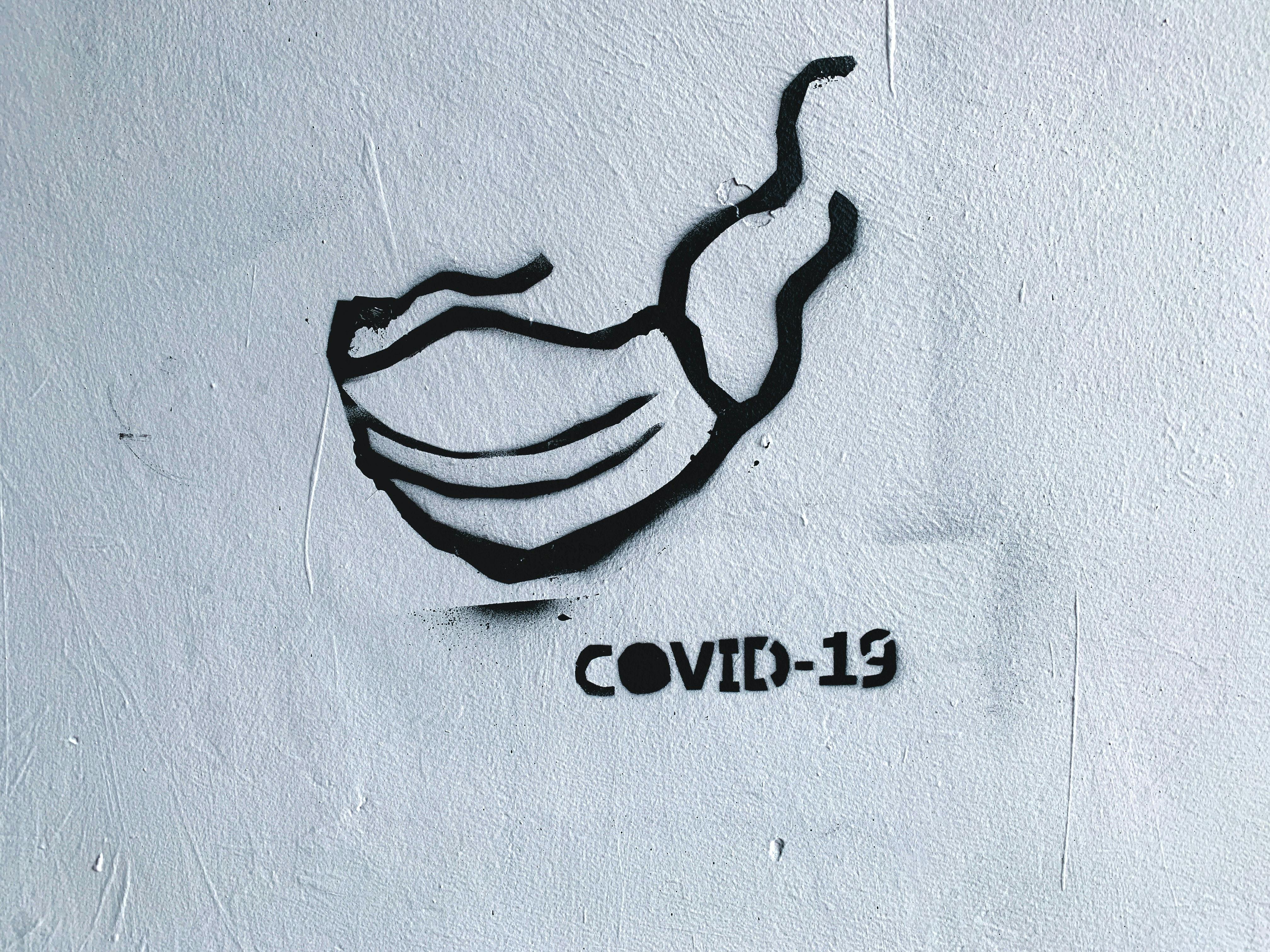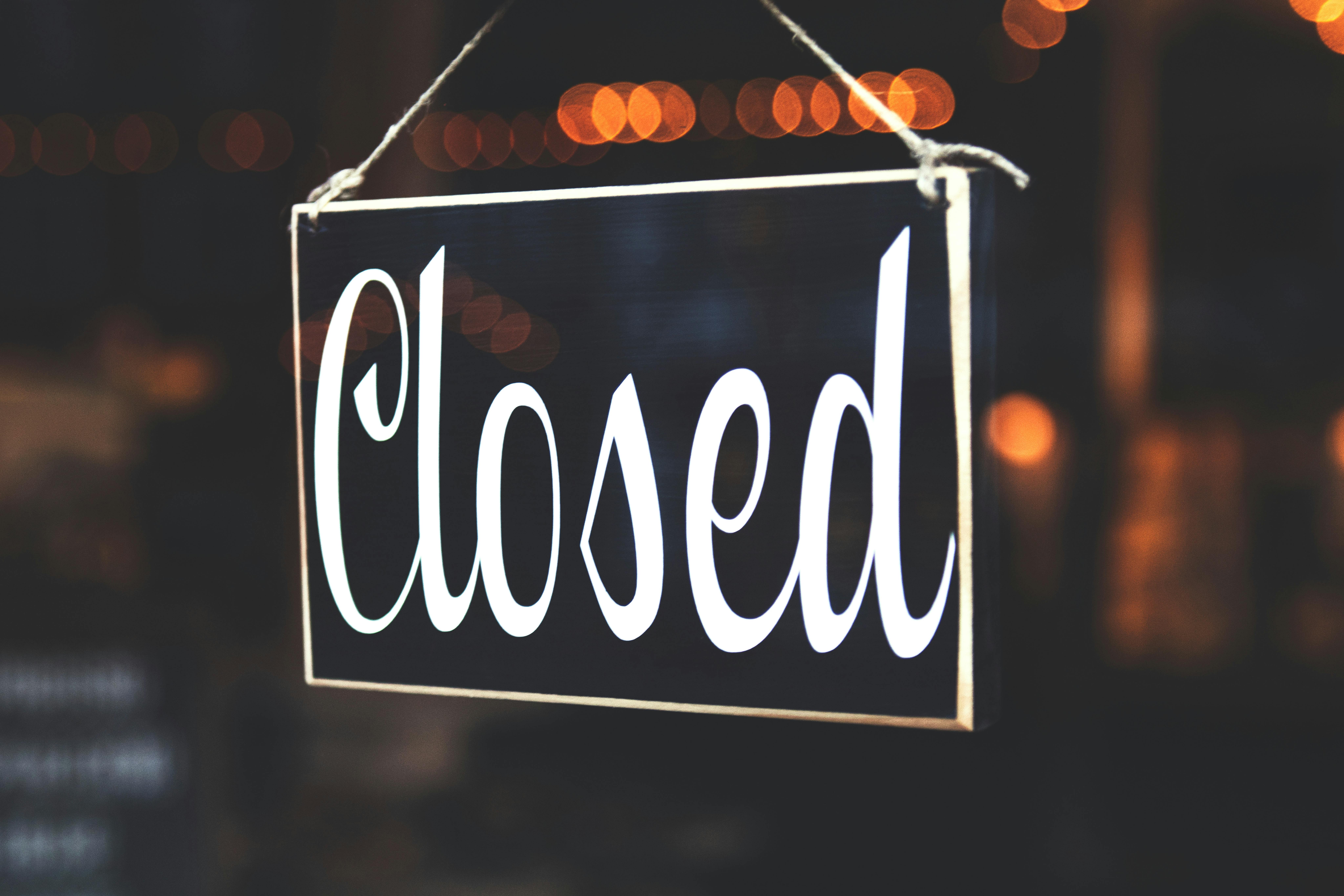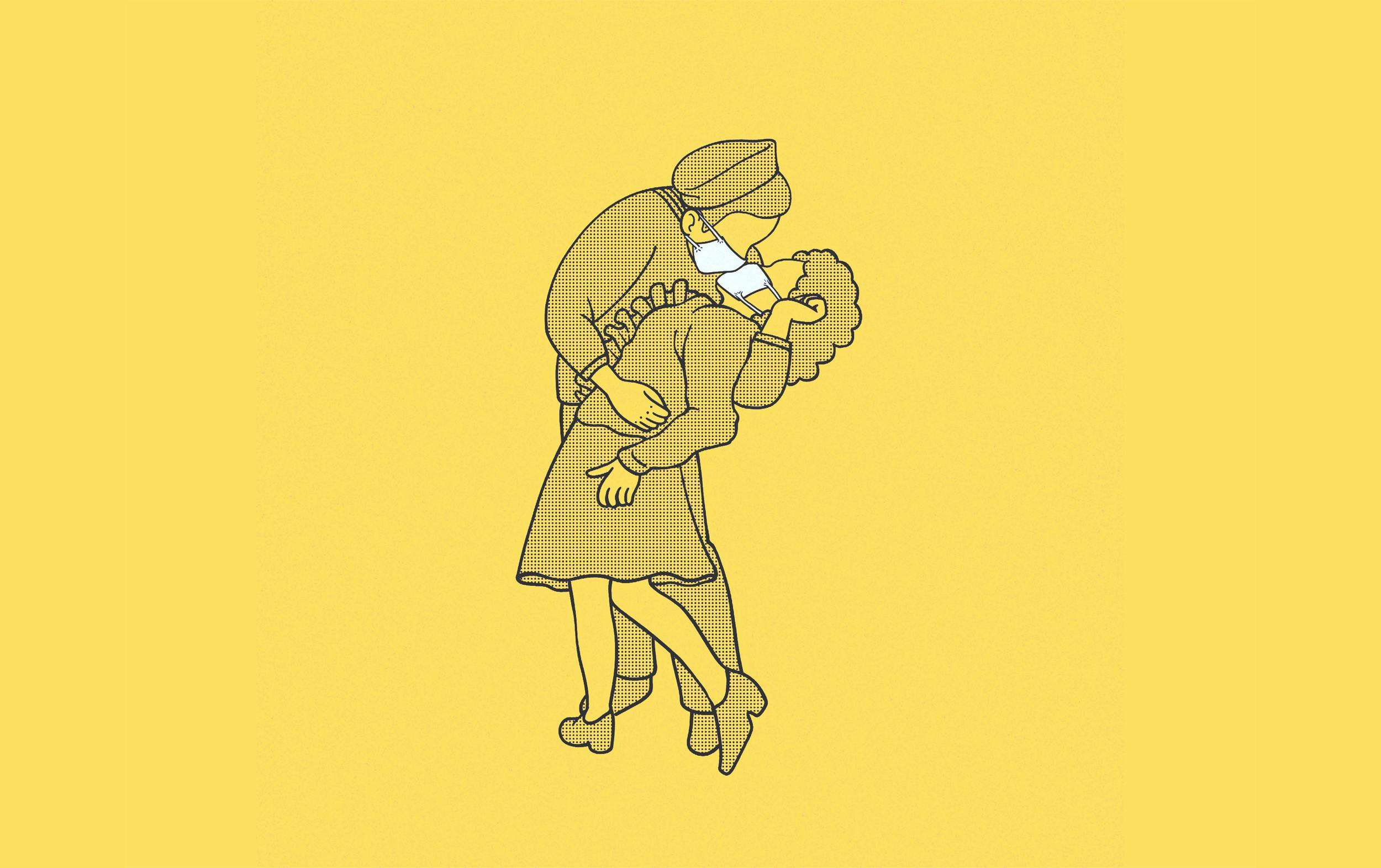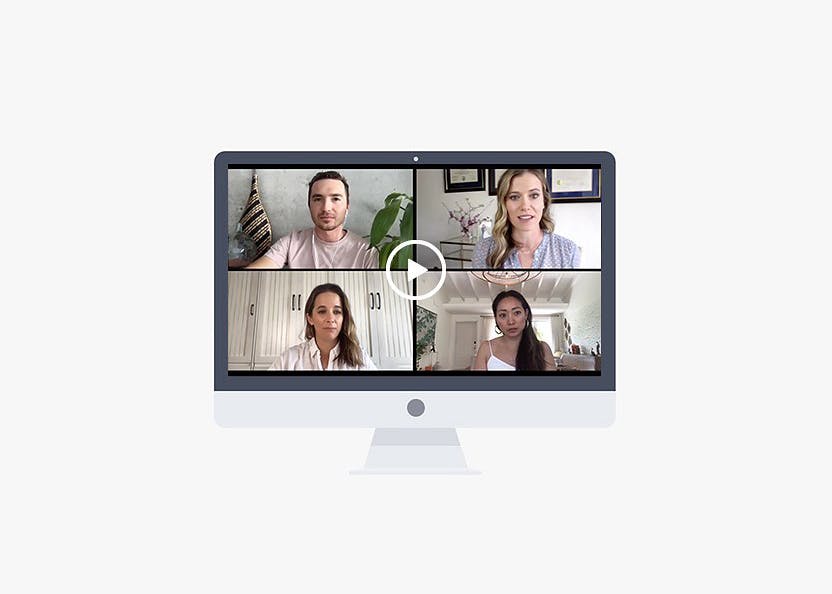Force Majeure — What is it, and Does it Apply to Coronavirus
The impact of Coronavirus (COVID-19) on photographers is significant — our industry is grinding to a halt. Our contractual rights and obligations under those same contracts are coming into sharp focus. One frequent question is whether a force majeure clause excuses photographers from completing their bookings.

We sat down with attorney Paige Hulse to talk about photographers' contractual rights and obligations during the pandemic. We asked her about force majeure clauses, and if they apply to COVID-19.
What is force majeure?
Force majeure is a French term meaning "superior force" and equates to "Act of God." Whether you or your clients are religious or not, it is generally accepted as an event that is beyond human control: an event or effect that cannot be reasonably anticipated or controlled.
"Force majeure is a provision in your contract that's going to cover something extraordinary, something completely unexpected that could occur on the day of the event. That makes it legally impossible, and practically impossible to actually show up and provide the service. This provision is for extreme scenarios." — Paige Hulse
What qualifies as a force majeure event?
For force majeure to be applicable, three unique criteria must first be met:
- The event must be beyond the reasonable control of the affected party.
- The affected party's ability to perform its obligations under the contract must have been prevented, impeded, or hindered by the event.
- The affected party must have taken all reasonable steps to avoid or mitigate the event or its consequences.

Is force majeure applicable to events and weddings affected by COVID-19?
Whether your force majeure clause is applicable or not, will depend firstly on the specific wording within your contract.
Some contracts will outline a specific list of force majeure events that are deemed to be beyond the control of the parties, such as "pandemics," "epidemics," or "diseases." A specific reference to a "pandemic" will make it easier to bring a force majeure claim but will still require the other criteria for a force majeure test to be satisfied. However, if the clause does not include specific language, then you will need to consider if COVID-19 is covered by the more general language that exists in your contract, such as: "Act of God," "action by government," or another catch-all provision. Most contracts contain "catch-all" language to cover events that are "outside the reasonable control of the party affected."
The next criteria to consider is if COVID-19 has prevented, impeded or hindered your ability to perform the obligations set out in your contract — is performance truly impossible?
In many countries, there are legal restrictions limiting travel both locally and internationally. While many photographers are offering online courses and lessons, these aren't a substitute for the weddings and portrait sessions we have booked. The law in your country will always take precedence over any contractual obligation you have.
"One example I've seen where this was implemented in the US: there was a hurricane on a wedding weekend in Huston — Hurricane Harvey — and it literally flooded the weddings. Vendors were unable to swim to the wedding. I'm not even being sarcastic: they were not able to swim to the wedding to get there to provide services. Those are the types of scenarios where a force majeure would apply." — Paige Hulse
The most crucial criteria that we need to fulfill for force majeure to apply to COVID-19 is the third line: The affected party must have taken all reasonable steps to avoid or mitigate the event or its consequences. Unfortunately, most force majeure claims will be unable to fulfill this specific criterion.
"I have not yet seen — and I have looked at literally hundreds of contracts in the last couple of weeks — a force majeure provision that would apply for Coronavirus." — Paige Hulse
Many of us are having conversations about rescheduling our bookings to later in the season or moving them to next year altogether. Other photographers are talking about contracting the work to a peer or an associate in a different location to get around international travel bans. The very fact that we are discussing these options means that we can mitigate our non-performance. We have options. We may not like all the options, but the fact that the possibilities are there is proof that we can mitigate our non-performance.

So what are your options?
Many clients are reacting emotionally right now, and we hear a lot of statements like, "a contract is a contract, but these are extraordinary circumstances, so why on earth are you trying to hold me to it."
It's important to remember that no one could have dreamed of this. No one was prepared for this. No one would have thought to add Coronavirus to their contracts. We're all in the same boat — photographers and clients alike. We need to be prepared to negotiate with our clients.
"Every single client interaction that you have, whether or not they're your best friend, or just somebody that just randomly booked you, every single conversation, every single interaction is a negotiation. That does not mean that it's a conflict. It does not mean that it's a battle. That just means that you're working with them to navigate a tricky situation." — Paige Hulse
Never before has it been more important to show your clients kindness, humanity, and compassion. We're facing questions and requests that we've never encountered before, and it's not always obvious what the answer is. But what is important is that we consider each request on a case by case basis, we examine all angles, and we find the best way to proceed that benefits all parties. This is a time to be an advocate for your business — to emerge with clients praising how great you were to deal with, and how you helped them as much as possible. That's how you survive this. You ensure the longevity of your business through kindness and compassion.
_____
As always, our blogs are intended as general information only, and should not be considered legal advice. We recommend consulting an attorney or legal counsel on all matters relating to Coronavirus, cancelations, and your contract.
_____
Paige Hulse — Legal disclaimer:
This information is solely intended for educational purposes, and for general information purposes only. Nothing in this discussion should be taken as legal advice for any individual case or situation. This information is not intended to create, and receipt or viewing does not constitute, in no way establishes an attorney-client relationship. An attorney-client relationship is only formed when you have hired me individually and signed an engagement agreement. No past results serve in any way as a guarantee of future results.


